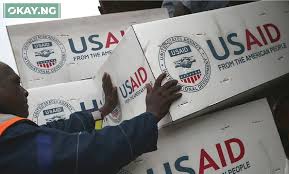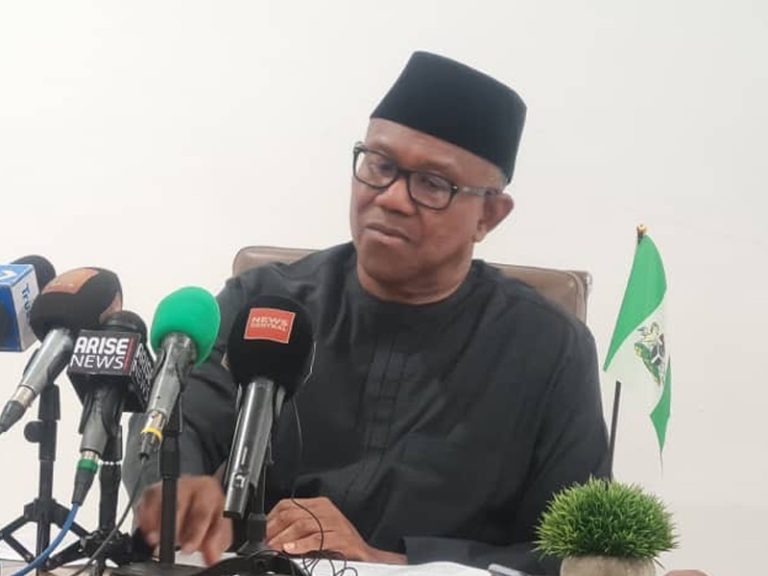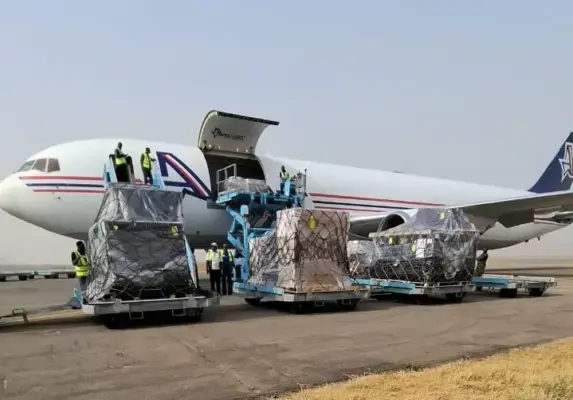
Nigeria has emerged as the third-largest recipient of development assistance from the United States Agency for International Development (USAID) in Africa, receiving a total of $876 million in 2024, according to the Africa Sustainable Development Report 2025.
The report, jointly prepared by the African Union Commission (AUC), the United Nations Economic Commission for Africa (UNECA), the African Development Bank (AfDB), and the United Nations Development Programme (UNDP), provides a comprehensive assessment of financing for sustainable development across the continent.
According to the report, the Democratic Republic of Congo (DRC) received the highest USAID funding in Africa, amounting to $1.3 billion, followed closely by Ethiopia with $1.25 billion. Nigeria ranked third with $876 million, ahead of South Sudan ($830 million), Kenya ($824 million), Mozambique ($756 million), and Sudan ($694 million).
Despite its large allocation in absolute terms, the report noted that aid accounted for only 0.21 per cent of Nigeria’s Gross Domestic Product (GDP), the second-lowest ratio among the top ten beneficiaries. In comparison, South Sudan, though receiving less in total funds, recorded the highest aid-to-GDP ratio at 6.05 per cent.
Overall, the top ten African countries together received $8.1 billion in USAID support in 2024, with the DRC and Ethiopia alone accounting for a significant share of the total.
The report further underscored the uneven distribution of financing needs across Africa, noting that East and West Africa face the largest funding gaps due to the presence of highly populous nations such as Nigeria, Ethiopia, and the DRC.
“At the subregional level, East and West Africa exhibit the largest financing needs and gaps, driven by the presence of some of the continent’s most populous countries.
“North and Southern Africa report smaller SDG financing gaps, reflecting their relatively higher levels of development and broader fiscal space”, the report stated.
The 2025 report concluded by emphasizing that while international aid remains an important component of Africa’s development financing, countries must boost domestic revenue mobilisation, improve fiscal efficiency, and strengthen governance to close the vast funding gaps that continue to hinder progress toward the Sustainable Development Goals (SDGs).



